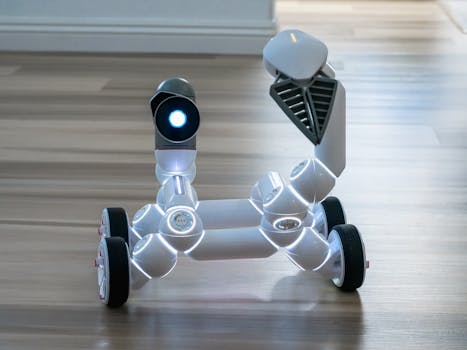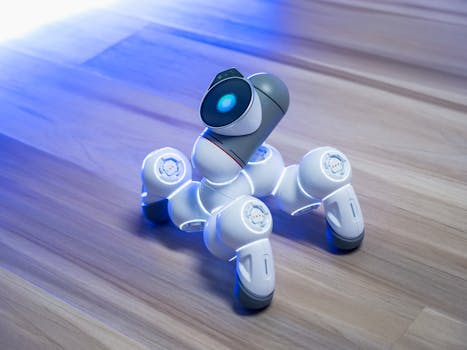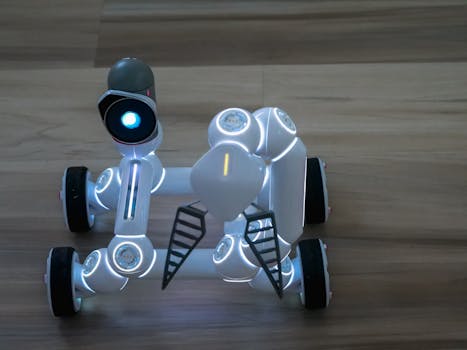
Smart Homes 2025: The Rise of AI-Driven Devices
Smart Homes 2025: The Rise of AI-Driven Devices is an emerging trend that is transforming the way we live and interact with our homes. With the integration of artificial intelligence (AI) and Internet of Things (IoT) technology, smart homes are becoming increasingly automated, efficient, and convenient.
Introduction to Smart Homes

A smart home is a residence that is equipped with advanced technology and devices that can be controlled and monitored remotely. These devices can include thermostats, lights, security cameras, door locks, and appliances, among others. The primary goal of a smart home is to provide a convenient, comfortable, and secure living environment for its occupants.
The Role of AI in Smart Homes

AI plays a crucial role in smart homes by enabling devices to learn and adapt to the preferences and behaviors of the occupants. AI-driven devices can analyze data from various sources, such as sensors, cameras, and microphones, to make informed decisions and take actions accordingly. For example, an AI-powered thermostat can learn a person’s schedule and preferences to adjust the temperature accordingly, while an AI-driven security system can detect suspicious activity and alert the authorities.
Benefits of Smart Homes

The benefits of smart homes are numerous and varied. Some of the most significant advantages include:
- Increased convenience: Smart homes can be controlled and monitored remotely, making it easy to manage various aspects of the home.
- Improved energy efficiency: Smart homes can optimize energy consumption by automatically adjusting lighting, temperature, and other systems.
- Enhanced security: Smart homes can detect and respond to potential security threats, such as intruders or fires.
- Customization: Smart homes can be tailored to meet the specific needs and preferences of the occupants.
Challenges and Limitations

While smart homes offer many benefits, there are also several challenges and limitations to consider. Some of the most significant concerns include:
- Privacy: Smart homes can collect and store sensitive data, which can be vulnerable to hacking and other security threats.
- Interoperability: Different devices and systems may not be compatible with each other, making it difficult to integrate them seamlessly.
- Cost: Smart homes can be expensive to set up and maintain, especially for those on a limited budget.
Conclusion

In conclusion, Smart Homes 2025: The Rise of AI-Driven Devices is an exciting and rapidly evolving field that holds great promise for the future. As AI and IoT technology continue to advance, we can expect to see even more innovative and sophisticated smart home devices and systems. While there are challenges and limitations to consider, the benefits of smart homes make them an attractive option for those looking to create a convenient, comfortable, and secure living environment.






